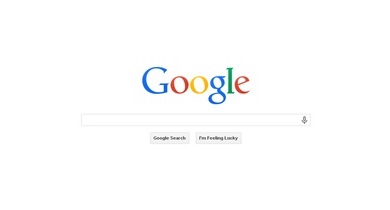
“Universal search” is not as benign as the name may lead us to believe. It describes a search engine feature that a search engine operator (say, Google) uses to blend specialized search properties — including from a proprietary database — to give priority to results from the specialized search and relegate the results from a so-called organic search to a lower priority. Google has defended its universal search by saying that it has simply created a better product.
The recent study questions whether the way Google implements universal search is uniformly good for consumers and pro-competitive, something Google also claims for its universal search product. The study notes particularly the impact on local searches for things like hotels in Berlin or restaurants in Denver. In fact, based on a sample of nearly 2,700 users, the study found that “users would be more likely to engage with local specialized search results if Google were to replace its proprietary ‘answers’ in universal search with results drawn from the whole web based on the same merit-based algorithm that it uses to populate organic search …”
ALSO READ: Analyst Sees No Tech Bubble: 4 Stocks That Survive and Thrive
Here is the study’s conclusion in more detail:
[C]onsumers prefer … competitive results, as scored by Google’s own search engine, [rather] than results chosen by Google. This leads to the conclusion that Google is degrading its own search results by excluding its competitors at the expense of its users. The fact that Google’s own algorithm would provide better results suggests that Google is making a strategic choice to display their own content, rather than choosing results that consumers would prefer.
So, while universal search is useful for returning the time in London (type “time London” into the Google search box and the search engine returns a top result in a box, which is the current time in London and very likely what was being searched for rather than one of the 1.43 billion other results the search engine found), but not particularly fair when it returns a local search for restaurants and returns only listings found in its own Google+ database. In fact the study concluded that “users are 45% more likely to engage with universal search results … when the results are organically determined.” That indicates that even if Google is providing a service to users by winnowing down the number of search results, users would rather do the winnowing themselves.
At least when the search is more complicated than what time it is in London.
ALSO READ: Does Google Need All of Its Products?
Thank you for reading! Have some feedback for us?
Contact the 24/7 Wall St. editorial team.





